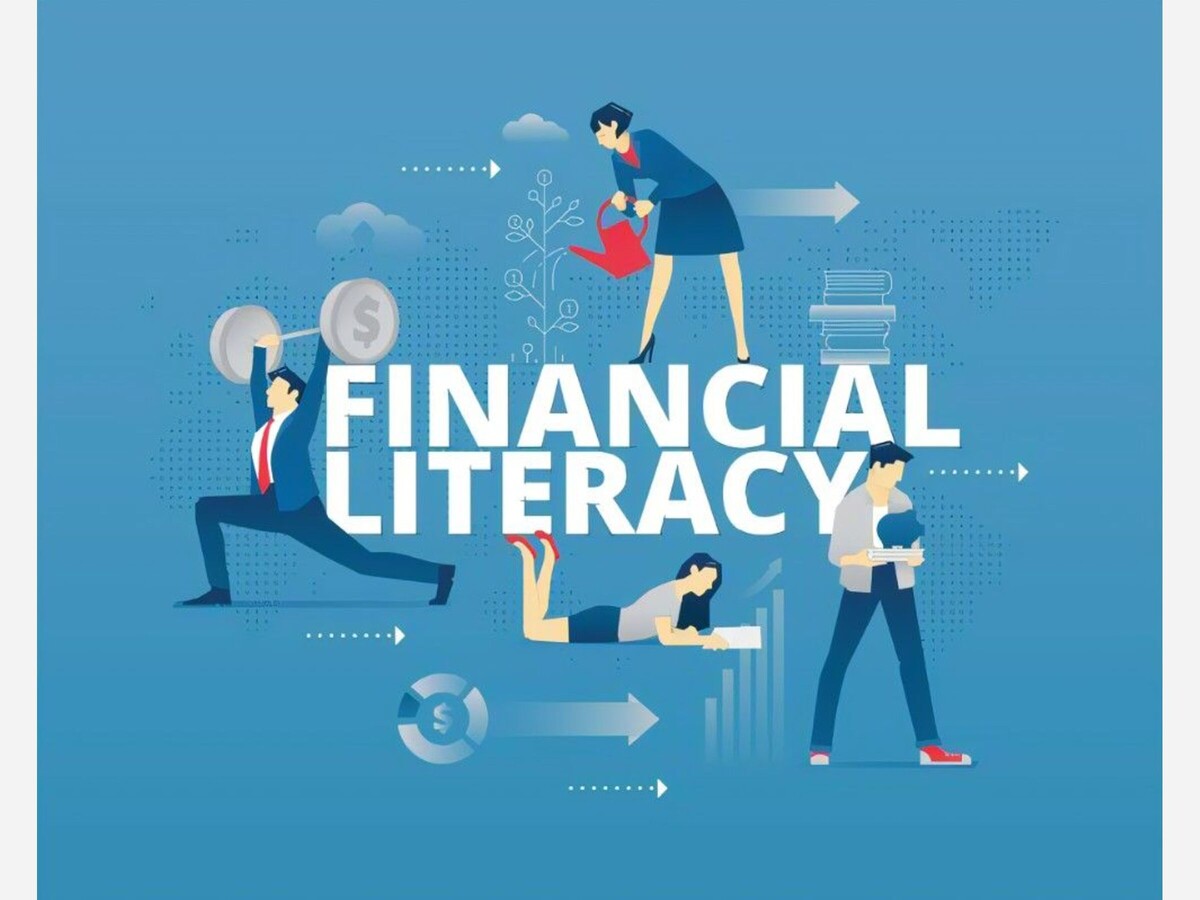Image


In segment one on health literacy, we discussed the definition of health literacy and why its crucial to understanding how to access the healthcare system, communicate effectively with your healthcare provider, make appropriate medical decisions and hopefully obtain favorable outcomes for one’s self and family.
In today’s second segment, we will discuss financial literacy
According to the Corporate Finance Institute (https://corporatefinanceinstitute.com), financial literacy is the “cognitive understanding of financial components and skills.” These skills include budgeting, investing, borrowing, taxation, and personal financial management. The absence of such understanding is referred to as being financially illiterate.
Being financially literate is necessary for obtaining financial stability, reaching stated financial goals and securing a comfortable retirement.
Here are some facts that emphasize the importance of financial literacy:
According to www.investopedia.com, becoming financially literate can improve one’s quality of life. Below are some of the benefits of being financially literate:
Although there are financial professionals, such as certified financial planners, available to assist people with their finances, it is always prudent to educate yourself as much as possible. There are many resources that can be accessed, such as adult education classes, on line courses, financial books and periodicals, podcasts and others. Here are some basic principles to build financial literacy.
Create a Budget
Keep track of income and expenses. You can use Excel, a budget app or even a simple notebook. Your budget should include income, expenses including rent/mortgage, utilities, loan payments and discretionary spending such as eating out, shopping, and travel.
Pay Yourself First
Choose a savings goal (home, college) and set a realistic dollar amount aside each month before you divvy up the rest of your expenses. Also pay your bills on time and avoid delinquency.
Invest, Invest, Invest
Invest regularly by raking advantage of employer sponsored plans such as a 401K. Also consider a ROTH IRA, or no-load mutual fund. This may be an area where professional help may be useful, or take a class or work shop in investing. A well-diversified investment portfolio should include stocks, mutual funds, bonds and fixed income securities. A professional advisor can help you determine how much money you will need to retire comfortably. Also, many reputable investment companies, such as Fidelity, offer free on-line calculators and other retirement tools.
Check Credit Report
Review your credit report yearly for any errors and inform the credit bureau of any inaccuracies. Learn what it takes to maintain a high credit score, such as paying your balance in full every month.
Ideally, it would be good to introduce financial principles to students prior to high school graduation. According to Jamie Stuart of the Smithtown School District, the high school offers a course in personal financial management, as well as an introductory course in investing. Parents and guardians can also take a pro-active role in educating children on the basics of money management. Planning for college or a career is a good launching point, including opening a savings account, borrowing for college or obtaining a credit card.
Conclusion
Based on the statistics cited above, much can be done to improve the financial literacy of Americans. Starting early and establishing good habits in money management can safeguard one’s financial stability and hopefully lead to a better quality of life.